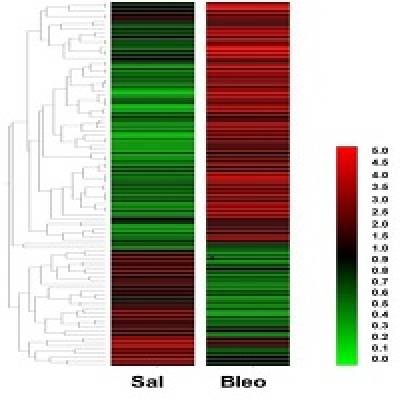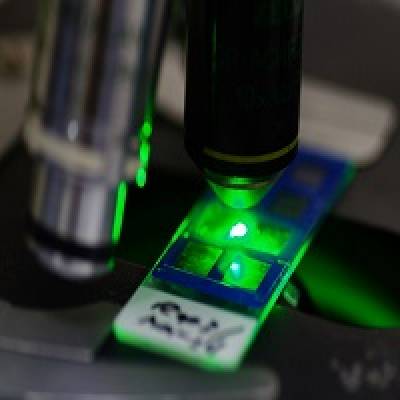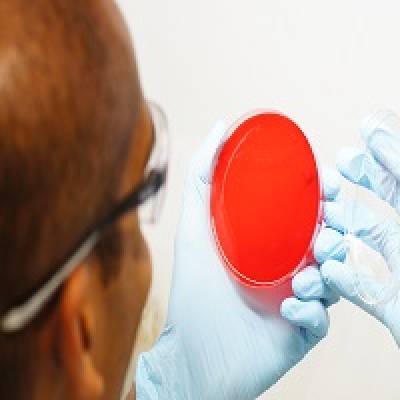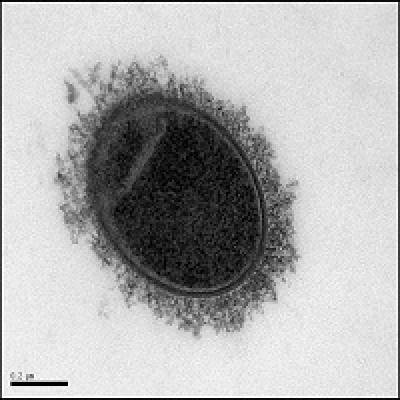Laboratory studies
Our research programmes sit at the interface between fundamental and translational biomedical research and focus on the phenotypic characterisation of inflammation, infection and tissue repair in the context of respiratory disease and tissue fibrosis. Our experimental approaches involve both hypothesis-driven research as well as open-platform based approaches and are centred on the investigation of human tissue, cells and mechanistic model systems. We have an extensive track-record in utilising methodologies to genetically phenotype disease initiation and pathology. The mechanisms by which genetic information is transcribed and translated into functional outcome are of critical importance to understanding pathology, and we have extensive experience in transcriptiomics, epigenetics, cell signalling and phospho-proteomics. We are actively developing complex 3D co-culture and ex-vivo human tissue culture models to increase our understanding of the interaction between cells and their microenvironment, as well as between host and pathogen. The centre hosts a suite of state-of-the-art facilities, including tissue culture, multiplex analyte detection, dedicated immunohistochemistry, advanced cell and tissue imaging modalities (optical and fluorescent microscopy, digital image acquisition), automated quantitative PCR and HPLC.
 |  |
| Transcriptomics | Fluorescence microscopy |
 |  |
| Molecular microbiology | Electron microscopy |
Clinical studies
We are committed to delivering cutting edge clinical research through our involvement in national and international NIHR CLRN portfolio listed studies. Our wide ranging patient based research programmes cover novel approaches to diagnostics and therapeutics in cohorts of patients across the spectrum of respiratory disease. We have experience in the use of advanced bronchoscopic techniques such as Endobronchial Ultrasound Trans Bronchial Needle Aspiration (EBUS-TBNA), Cryoscopic lung biopsy (CLB), transbronchial lung biopsy (TBB), bronchoalveolar lavage (BAL) and induced sputum. In addition we have fully equipped lung function laboratories to carry out complex respiratory physiological testing. UCLH and the Royal Free Hospital have unique imaging facilities and in particular we have interests in novel imaging of leukocyte trafficking in lung disease, the use of Magnetic Resonance Imaging and Positron Emission Tomography in lung disease, and advanced image analysis through our UCL collaborations with the Institute of Nuclear Medicine and the Centre for Medical Image Computing. We actively encourage patient and public involvement in our research, though our dedicated patient charity Breathing Matters.
 Close
Close

